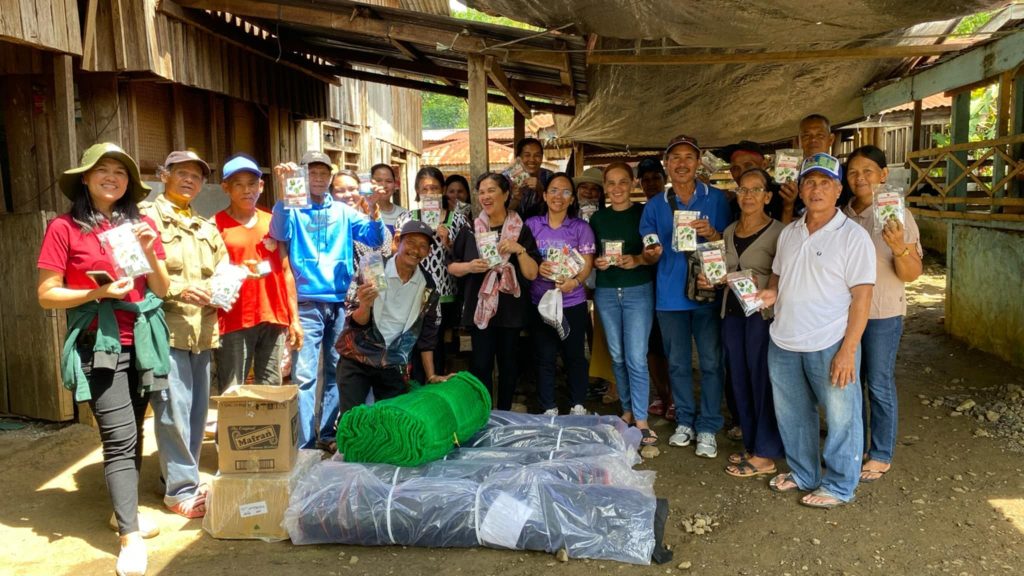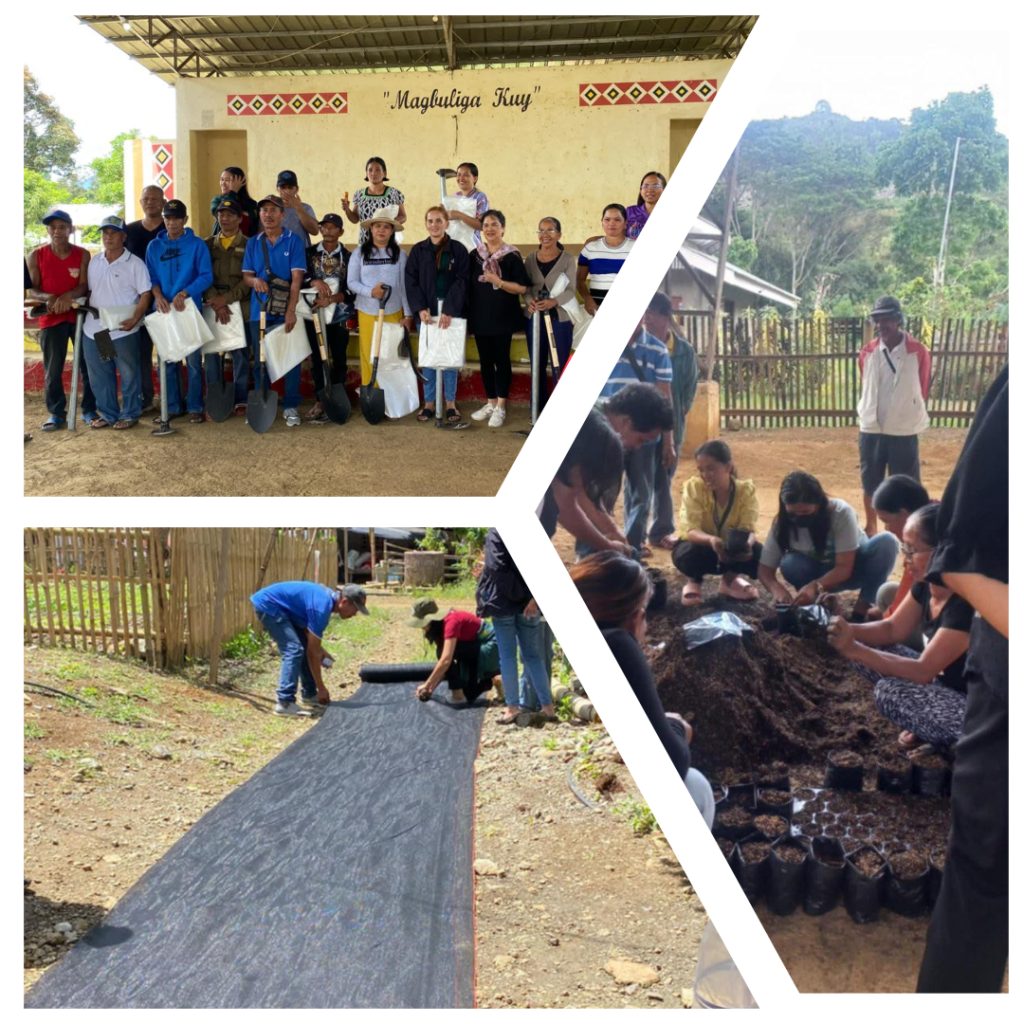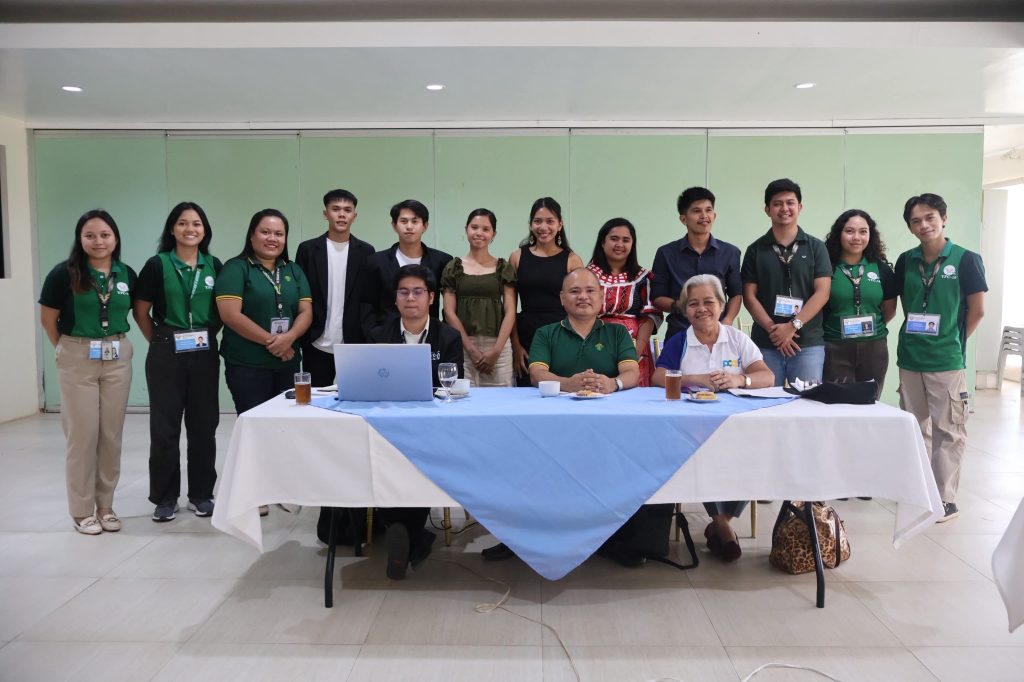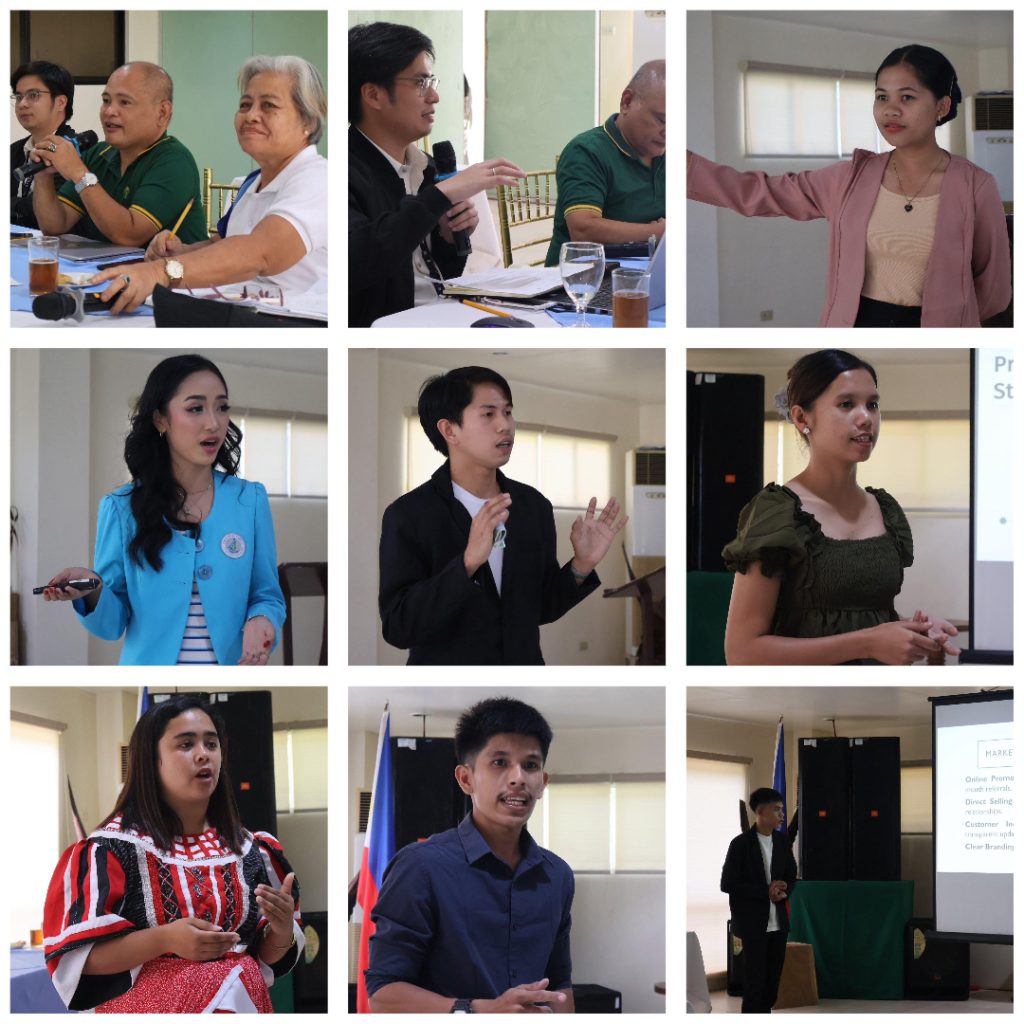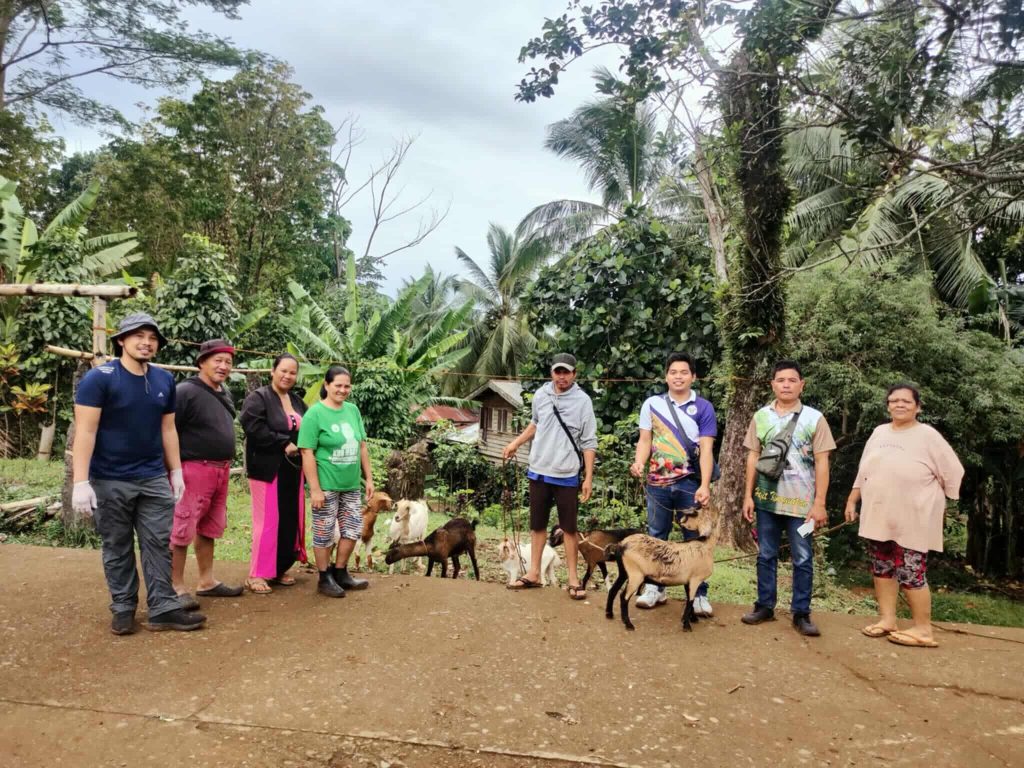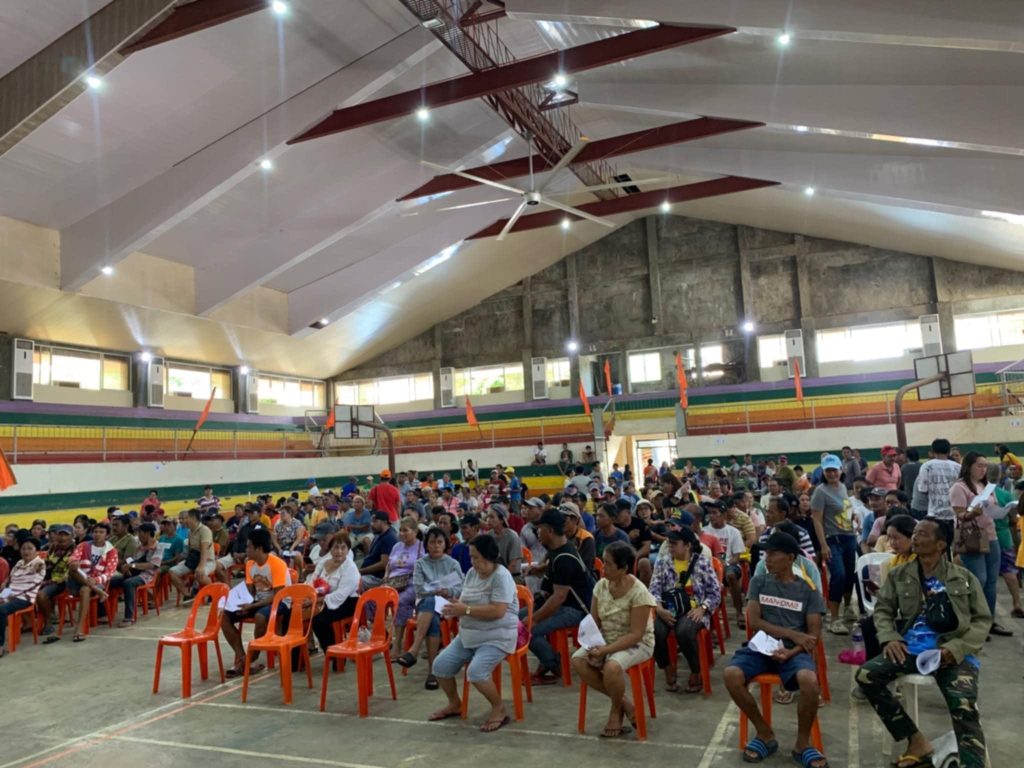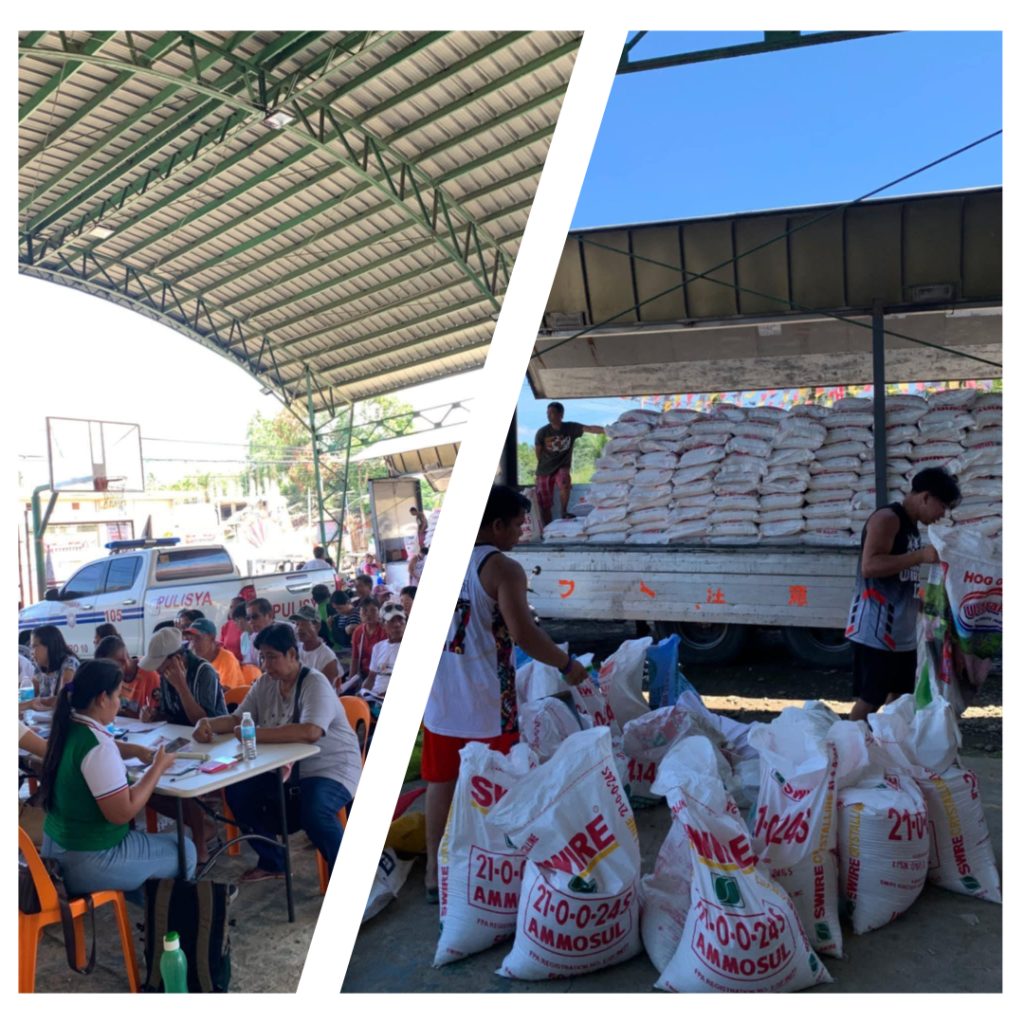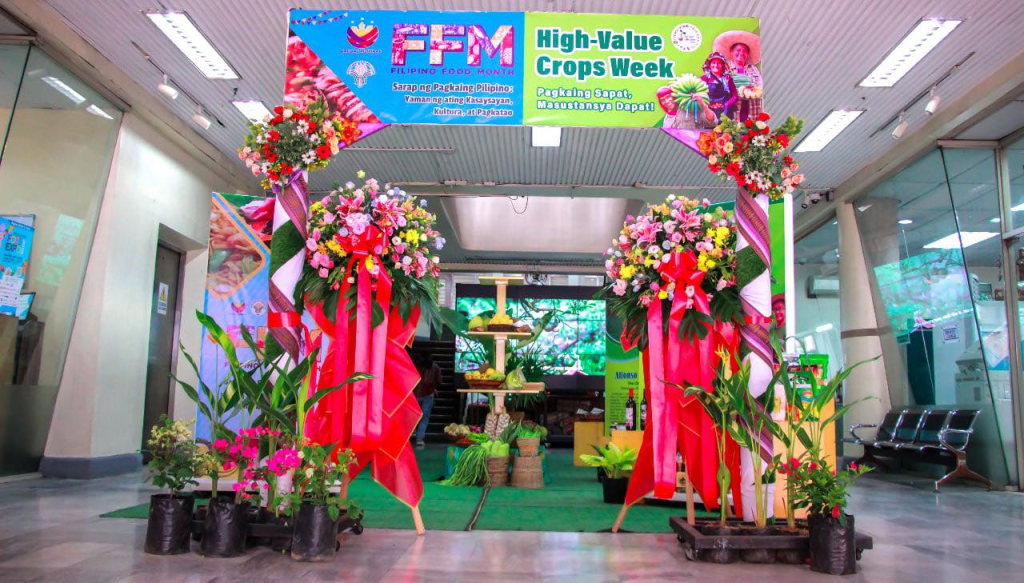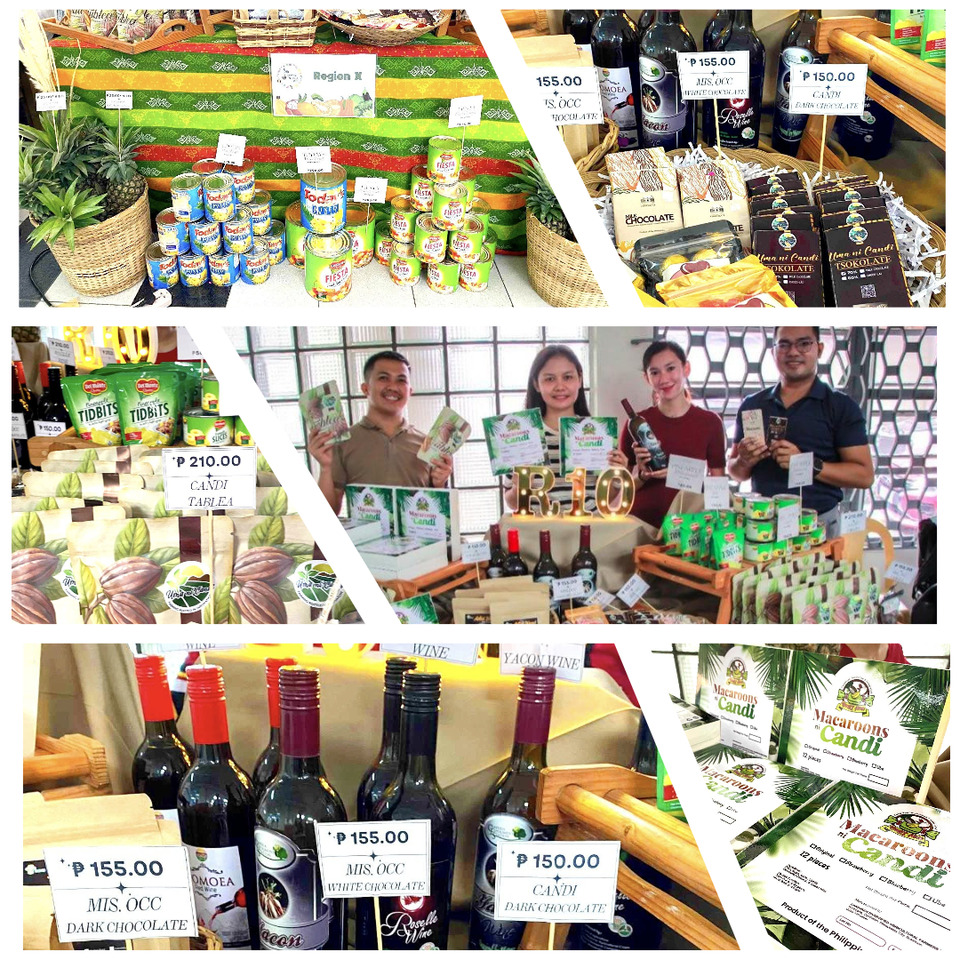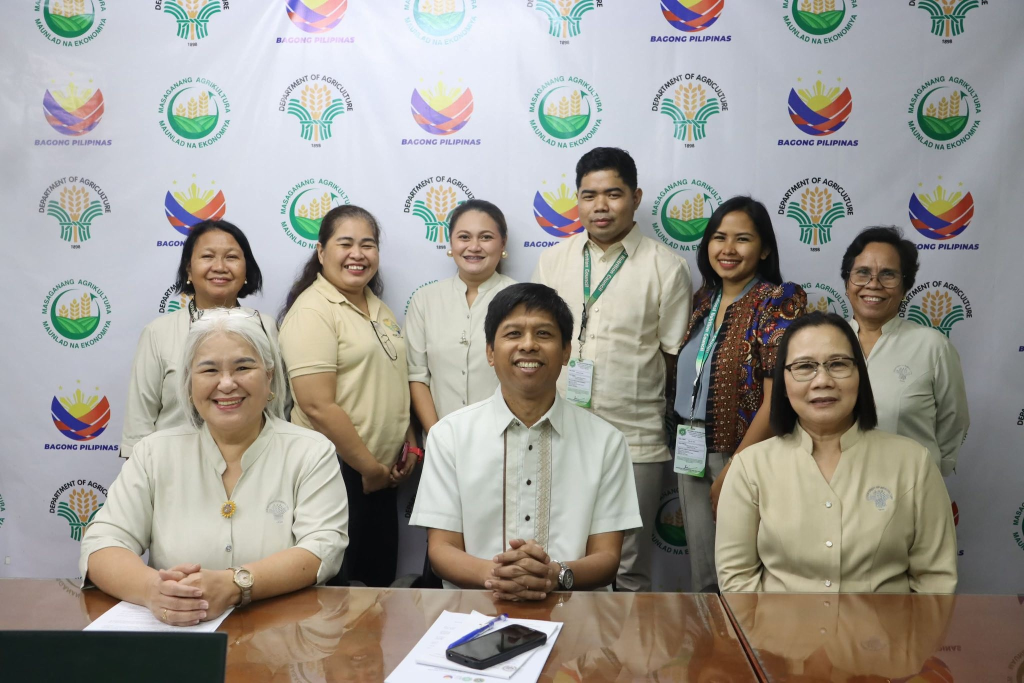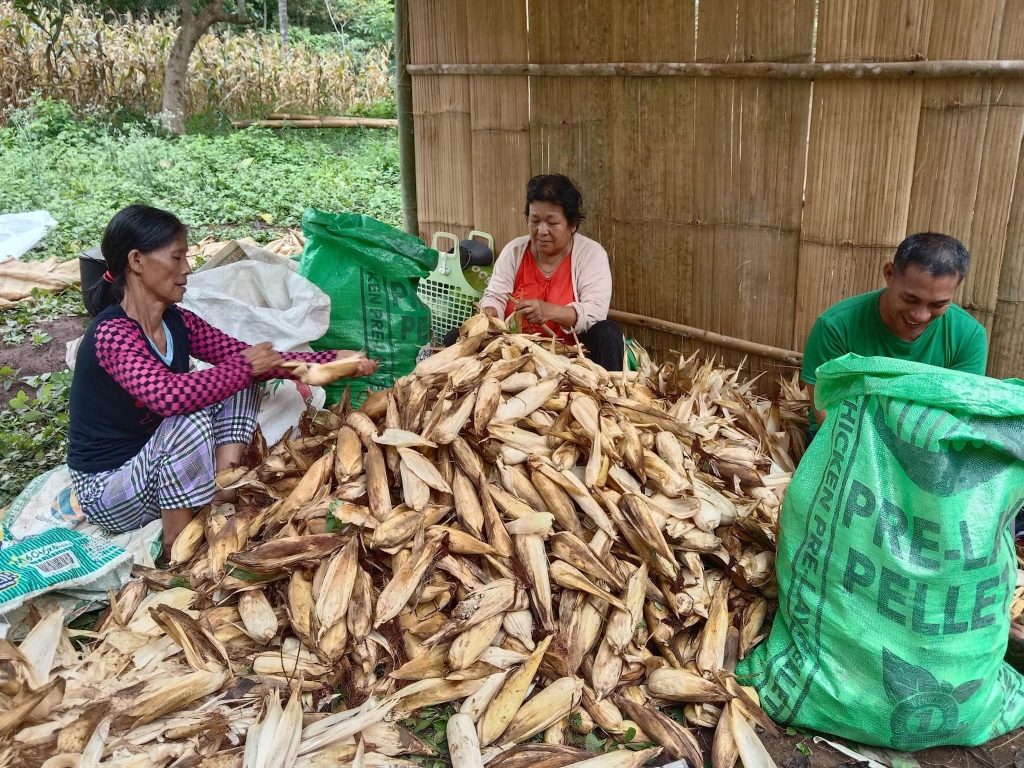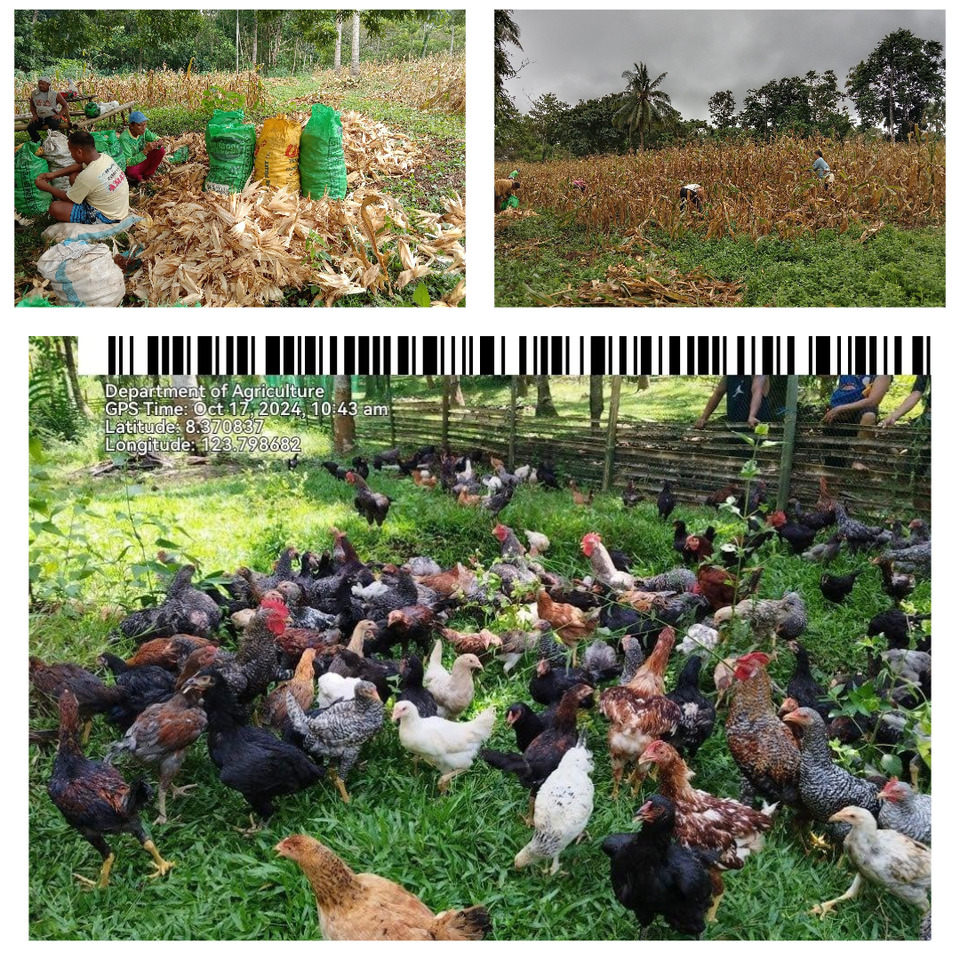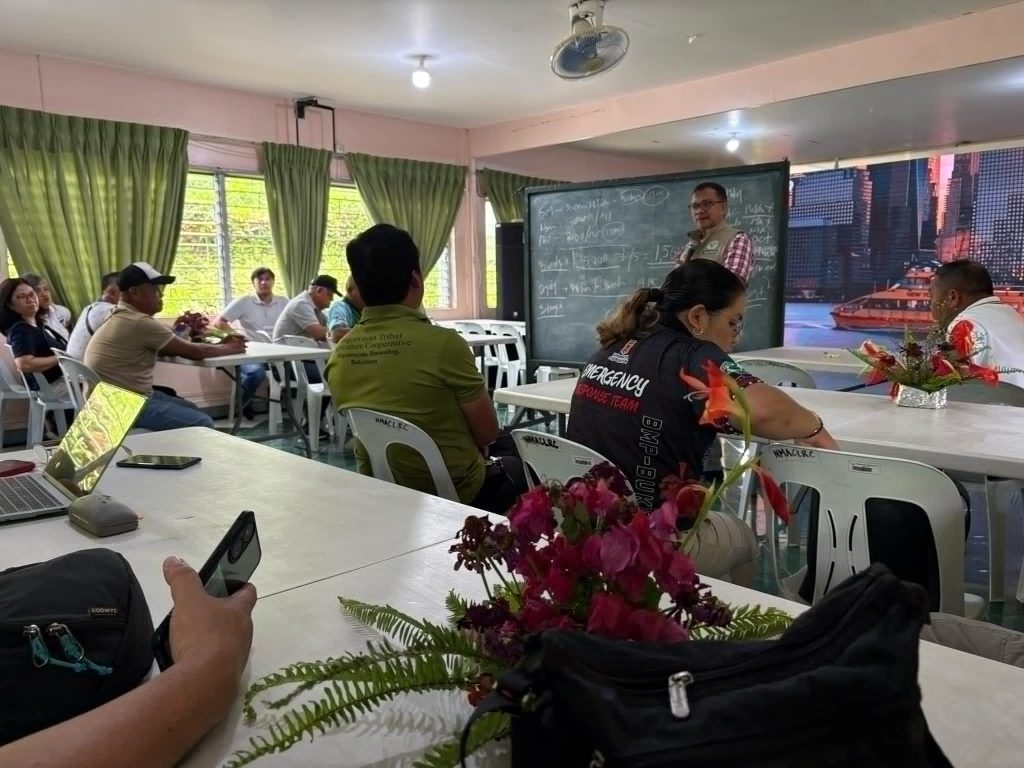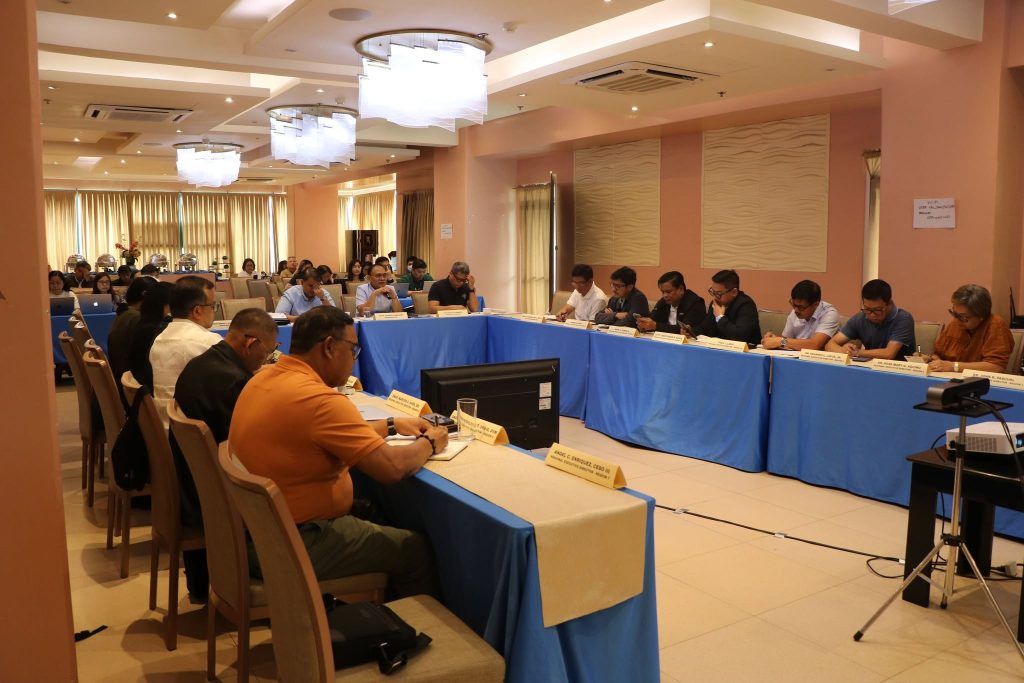
DA pushes for harmonized implementation and performance-driven agri initiatives at Operations Management Group meeting in Oro
CAGAYAN DE ORO CITY — The Department of Agriculture – Northern Mindanao (DA-10) hosted the national Operations Management Group (OMG) meeting of the Department of Agriculture, from April 10 to 11, in this city. The event served as a springboard to align national and regional initiatives, emphasizing a results-driven approach in contributing to the country’s overall agricultural development.
Presiding over the meeting is DA Undersecretary for Operations, Engr. Roger V. Navarro. It converged the undersecretaries, assistant secretaries, service and program directors, regional executive and technical directors, consultants, and other key officials of the department, to assess the performance of the programs and projects being implemented across all regions, in order to address on-the-ground challenges and operational bottlenecks.
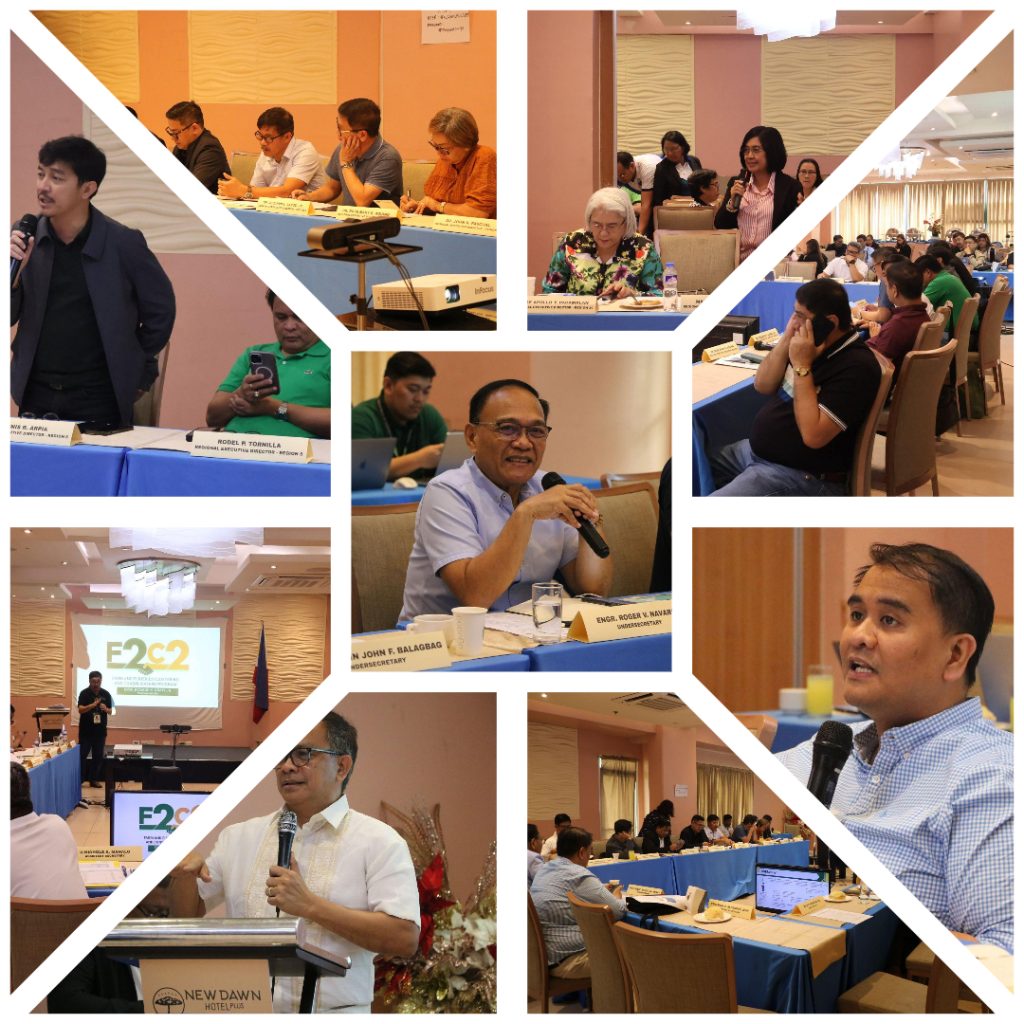
Speaking before the attendees, USec Navarro enjoined them to synchronize the activities being conducted at the regional levels as well as the different sectors to maximize resources and keep programs on track, following a streamlined operational calendar—procurement in the first quarter, awarding [of contracts] in the second, implementation in the third, and evaluation in the fourth quarter.
Given the completion of the agriculture budget, the senior DA official stated that per instruction of DA Secretary Francisco P. Tiu Laurel Jr, it is now ready to be cascaded to the DA regional field offices (RFOs) and as such are directed to submit their program proposals by the end of the month, taking into account local conditions to ensure its responsiveness and impact.
He reiterated that the DA chief’s marching order of working toward food sufficiency while increasing farmers’ yield and productivity remains a priority, while also citing the need for a comprehensive food balance sheet and the integration of data systems into a unified Enterprise Resource Planning platform, a part of the agency’s digitalization efforts to manage and streamline its core functions.
As head of the host agency, DA-10 Regional Executive Director Jose Apollo Y. Pacamalan upheld the outlined direction, sharing the region’s progress under the Provincial Agriculture and Fishery Investment and Development (PAFID) framework. Under this, the DA-10 is reinventing its ways of planning to unify agricultural plans and programs by ensuring that pooled investments and development efforts correspond with provincial priorities. Further highlighted is the synergy among the DA, government line agencies with agri project plans, the local government units (LGUs), and the private sector.
The agri chief exec added that the DA-10 is driving toward its role as a technical advisor to the provincial governments by means of capacitation among its LGU counterparts to ably manage programs. For its part, the agency will focus more on the financing, monitoring, evaluation, and providing of expertise.
Consistent with the said digitalization efforts, RED Pacamalan also tackled the region’s real-time information system, where it is eyed as a potent decision-making and planning tool that will help in monitoring project performance, rationalizing support and resources, and forging production-to-market linkages, which are crucial for data-informed governance.
DA USec Navarro also conveyed that the DA is set to redirect its focus next year from merely providing production-based support to centering on postproduction machinery, equipment and facilities, urging the DA regional execs to leverage the use of existing dryers, tramlines, warehouses, among others to aid farmer-producers in significantly reducing their postharvest losses and logistics costs.
The two-day meeting also covered the Agri-Puhunan at Pantawid and Agrisenso Plus Lending programs, the Farmers and Fisherfolk Enterprise Development Information System and the Sagip Saka Act, which all aim to strengthen farmers’ access to credit, data, and technical support.
To boost the agency’s operational efficiency, updates were also relayed on the Performance Appreciation System (PAS) for operating units and DA’s proposed restructuring, with talks on Clustering by Functions, the Farm and Fisheries Clustering and Consolidation (F2C2) program and the Agricultural Cooperative Enterprise Development Service (ACEDS).
Meanwhile, aimed to upscale the DA’s operations, presentations on Promoting Greener Food Systems and Sustainable Rural Livelihoods, Goat and Sheep Expansion project, and World Bank’s Program for Results (P4R) were also explored.
In view of the numerous agri-related initiatives, USec Navarro further instructed his fellow senior DA officials to strengthen partnerships with the offices under the Regional Management Committees across all regions, including private entities and the Agriculture and Fishery Councils (AFCs), as the DA continues to strive for inclusive growth in the agriculture sector.#
